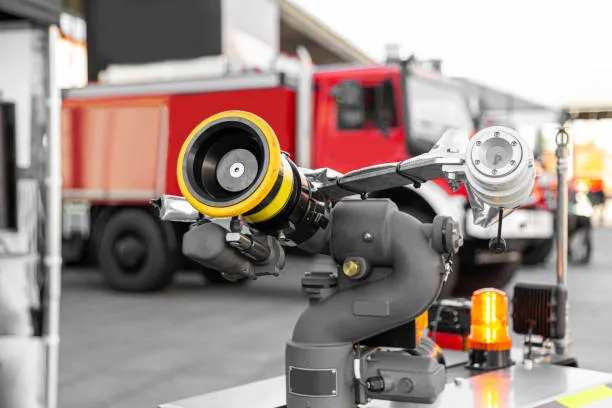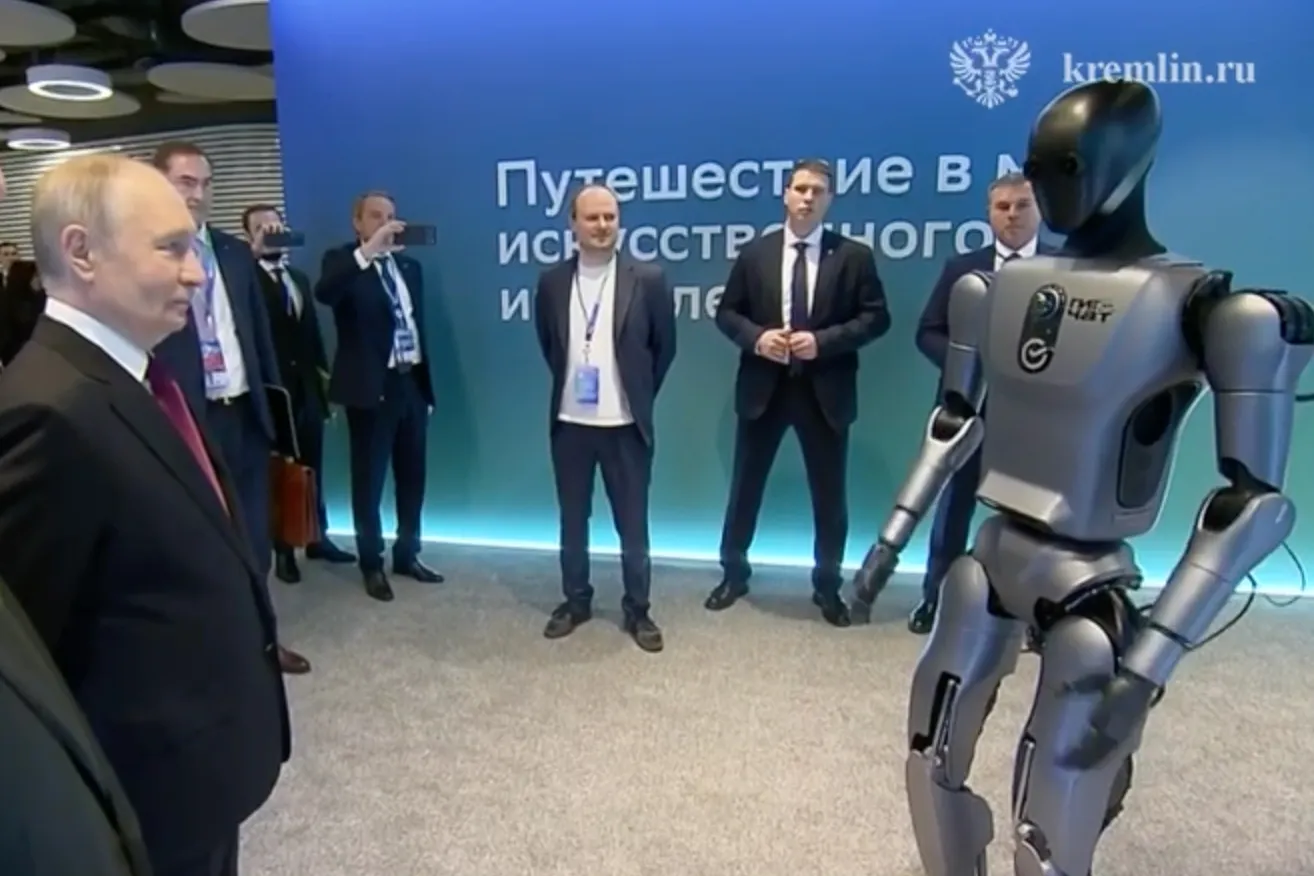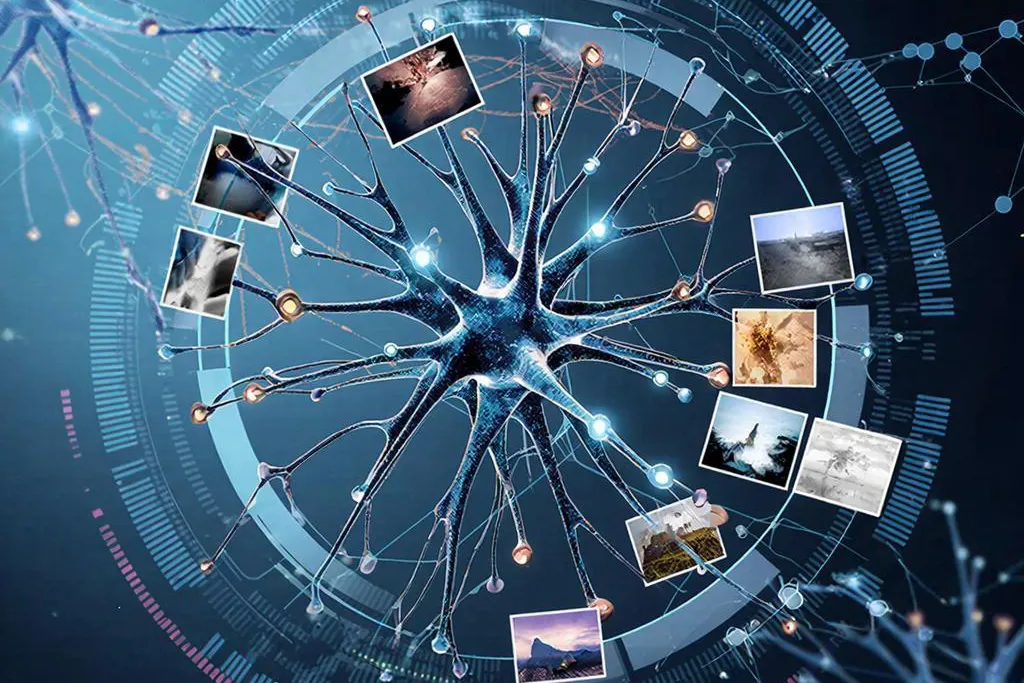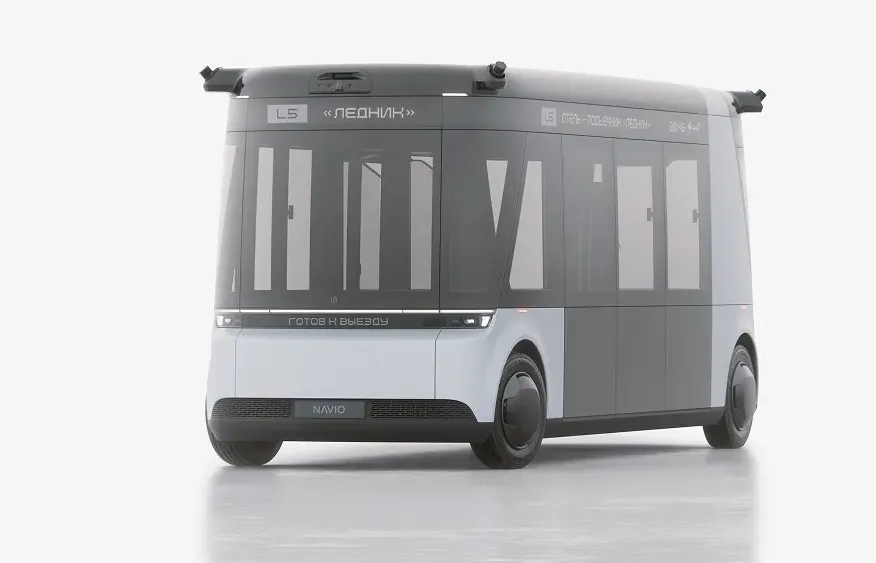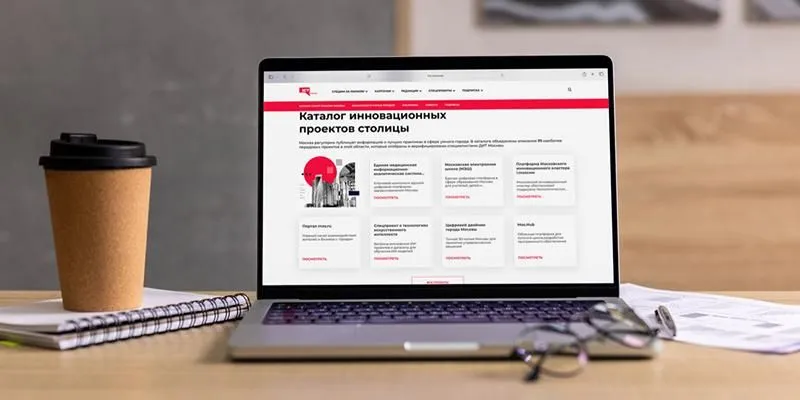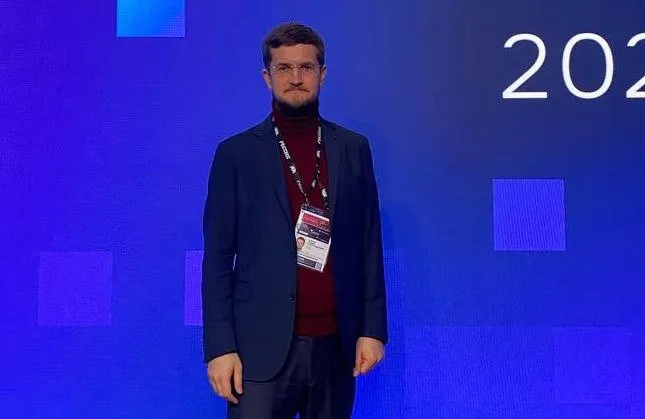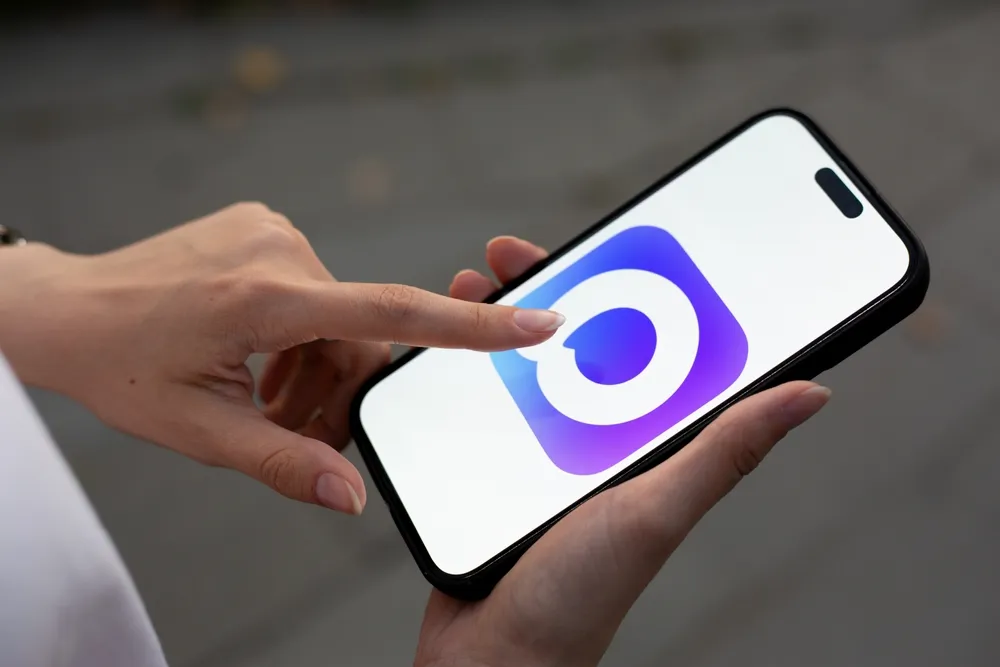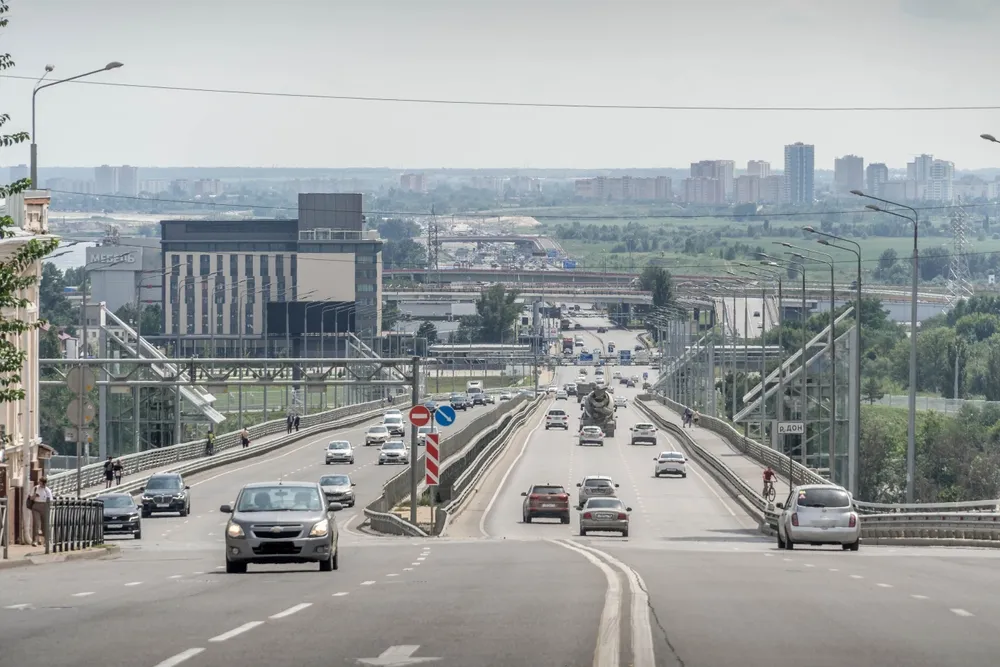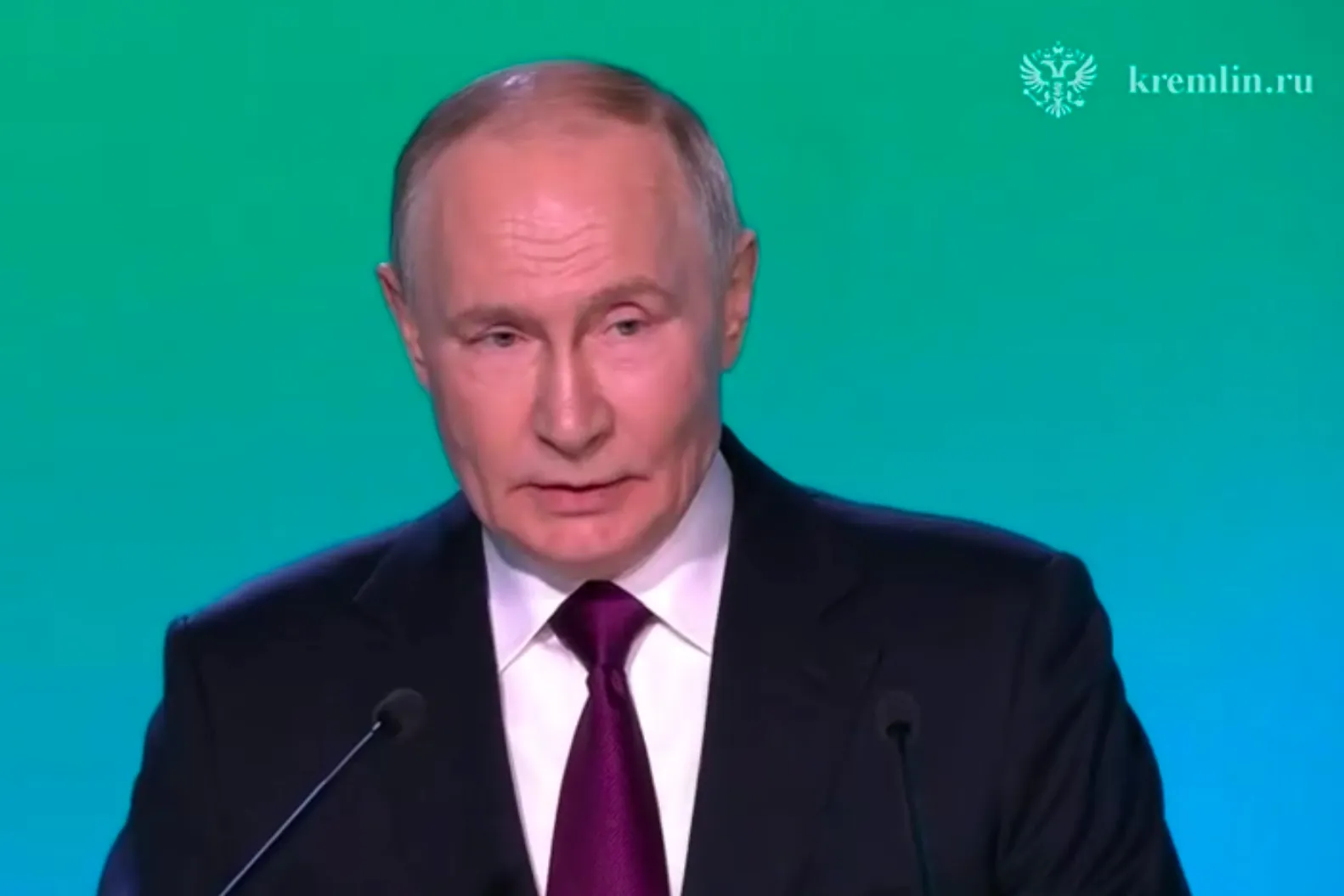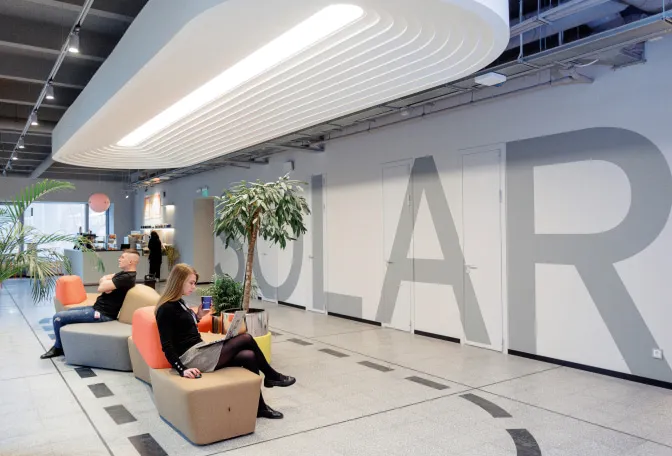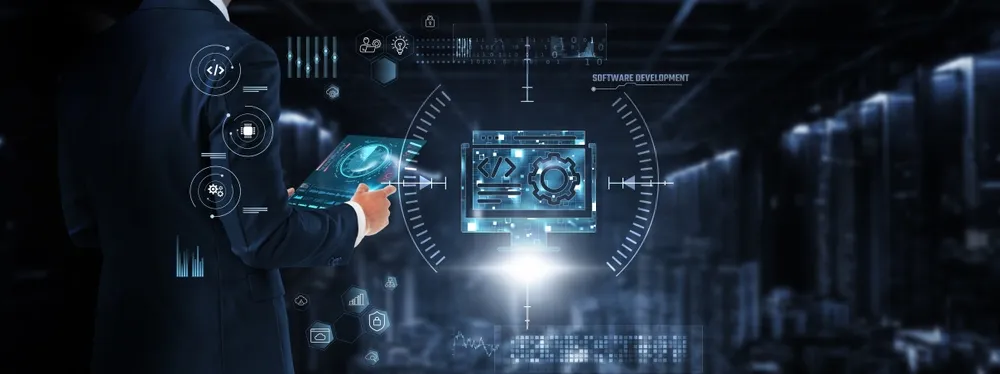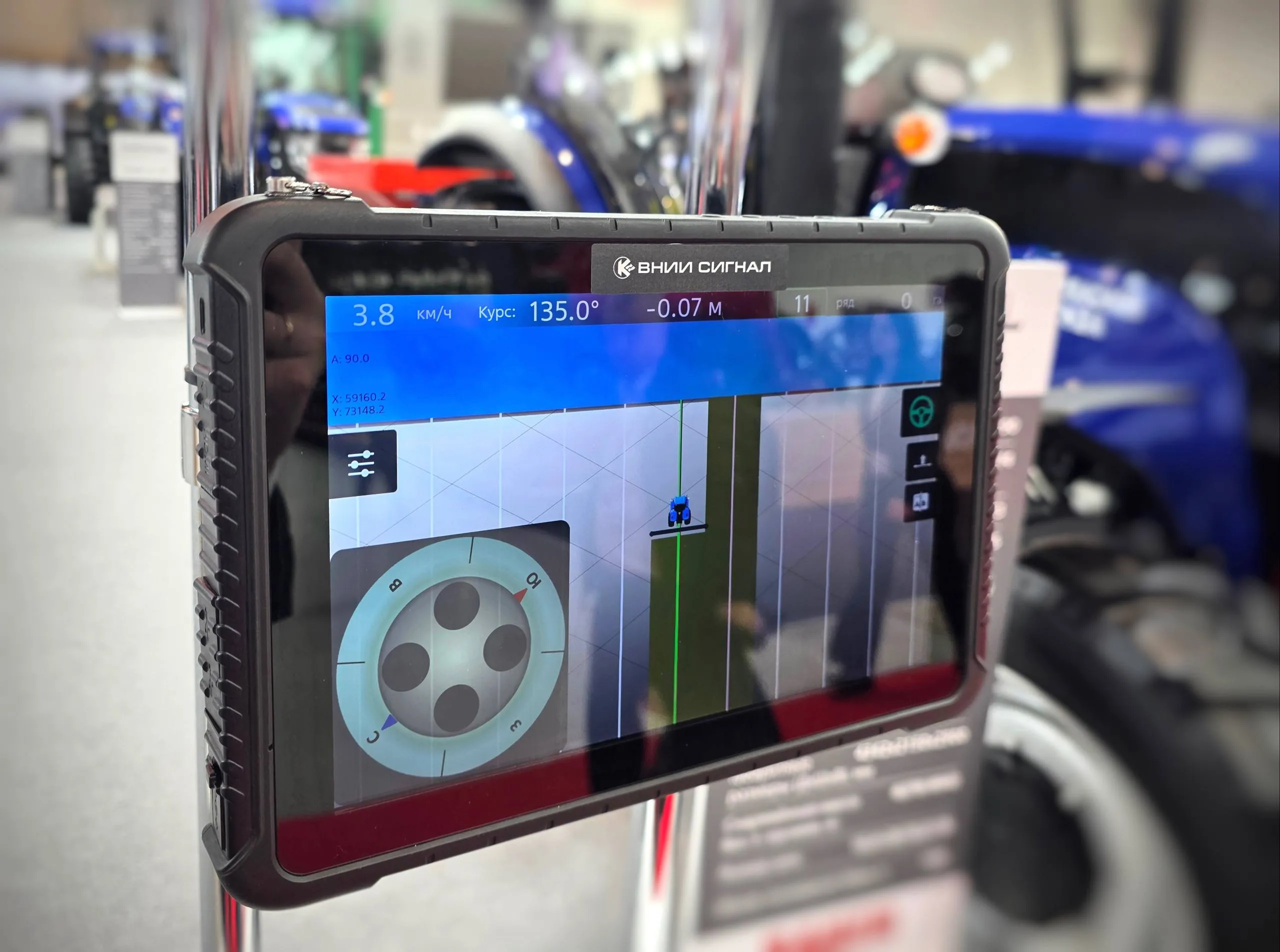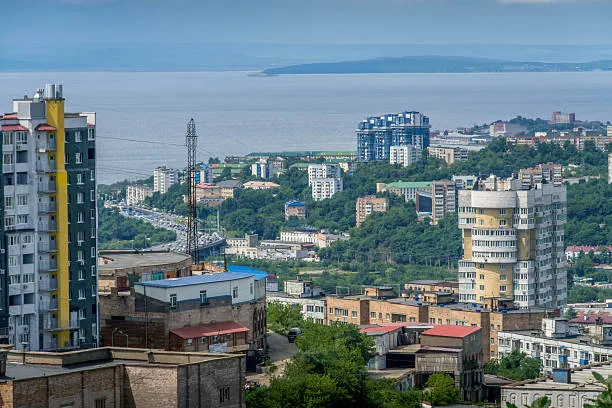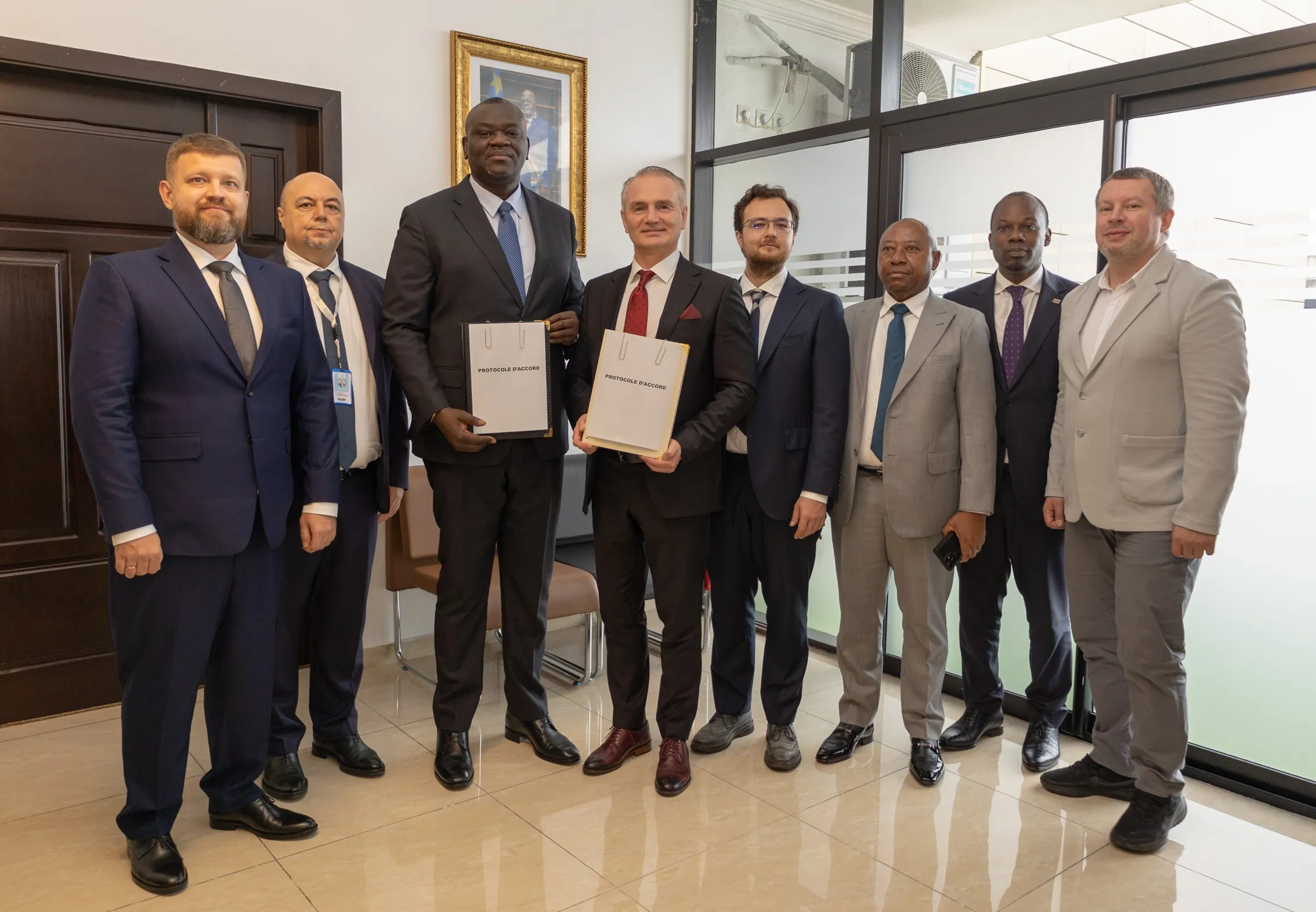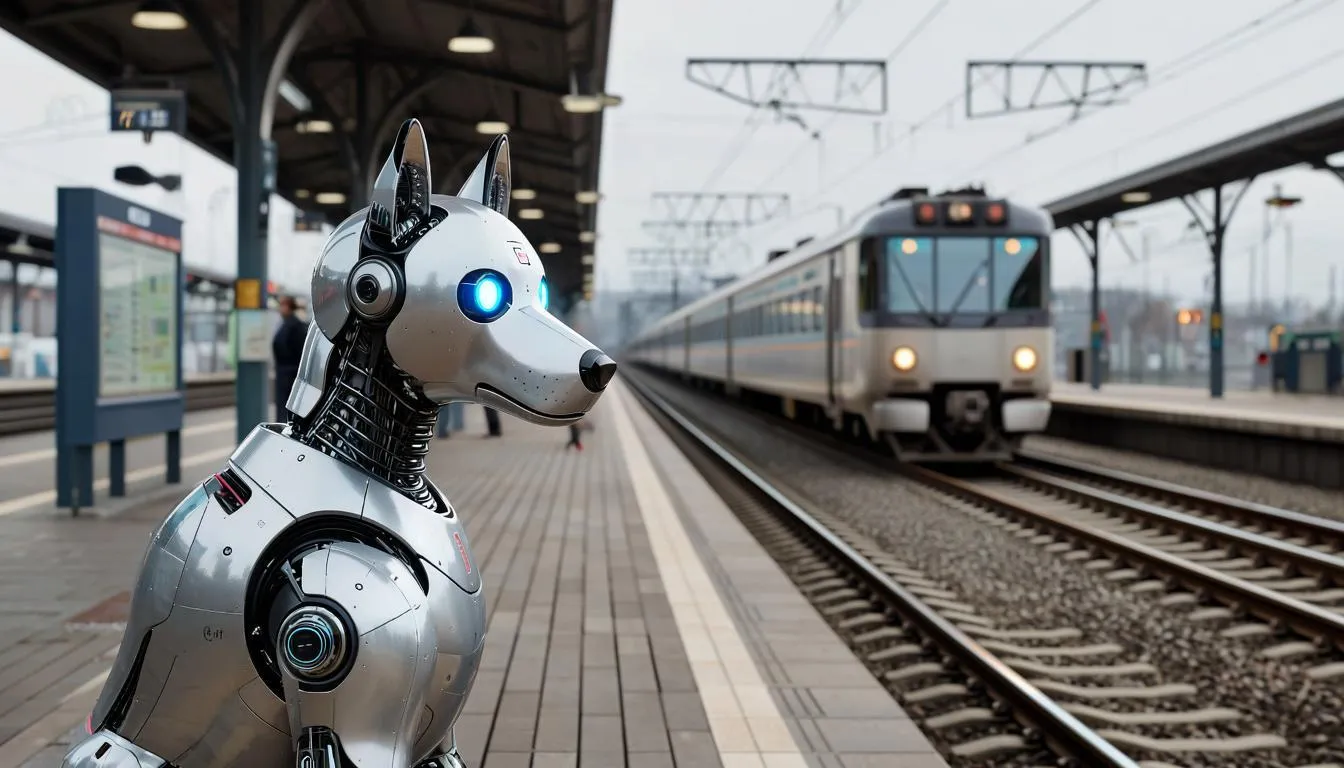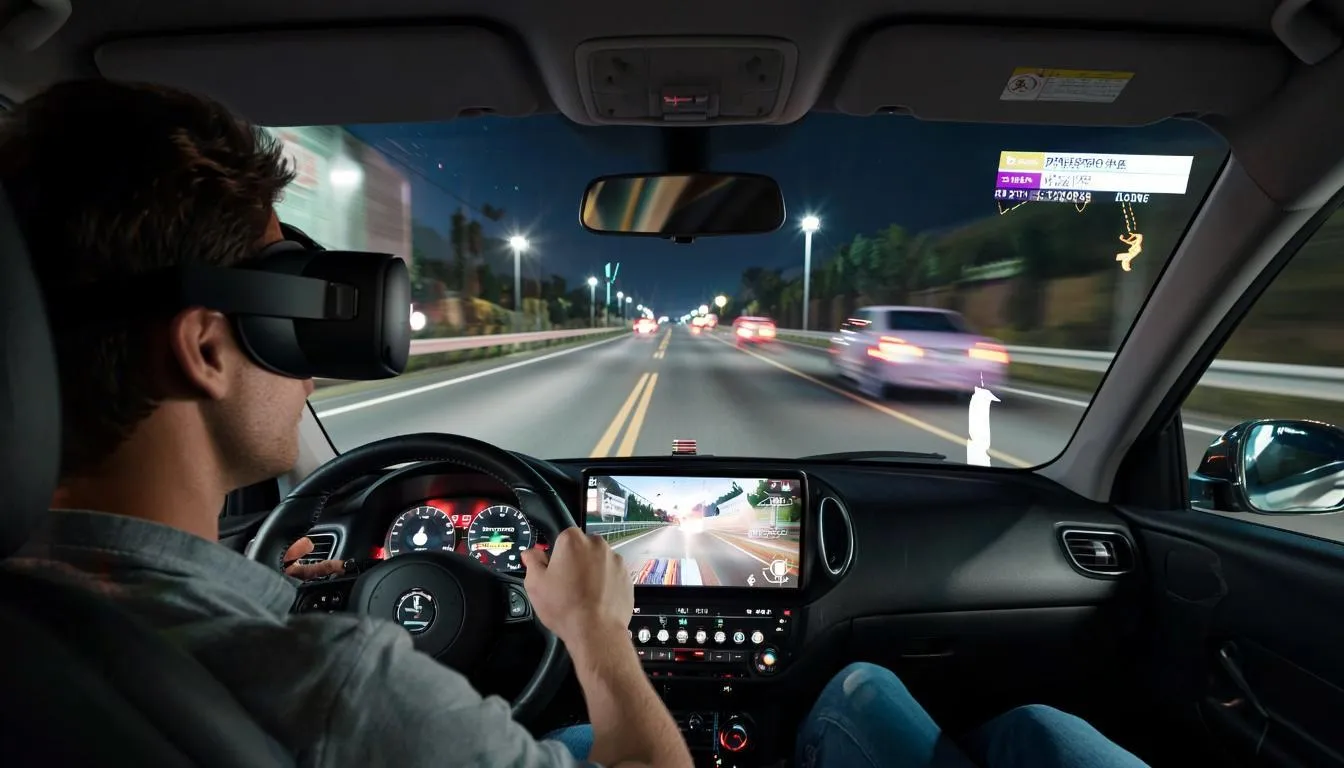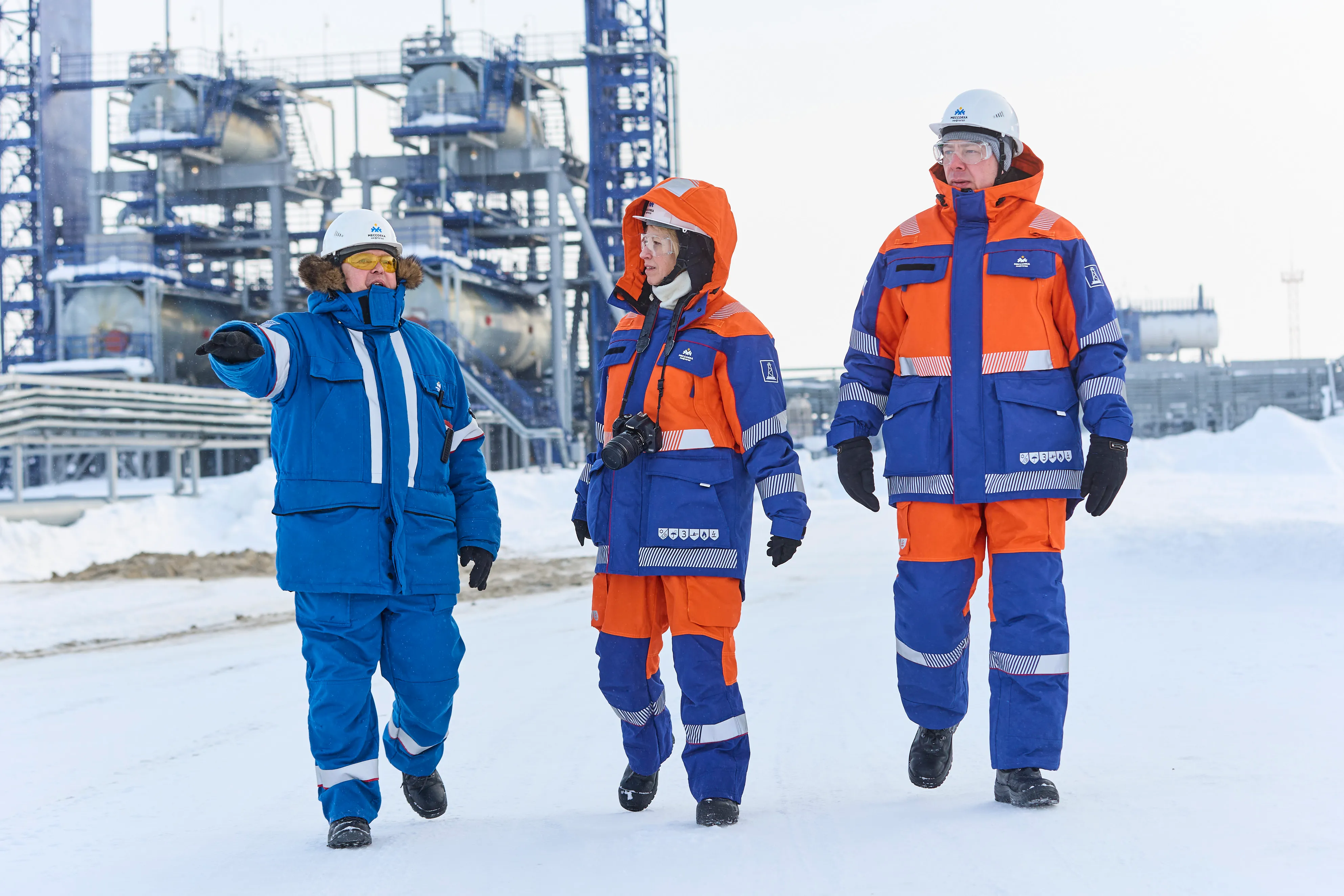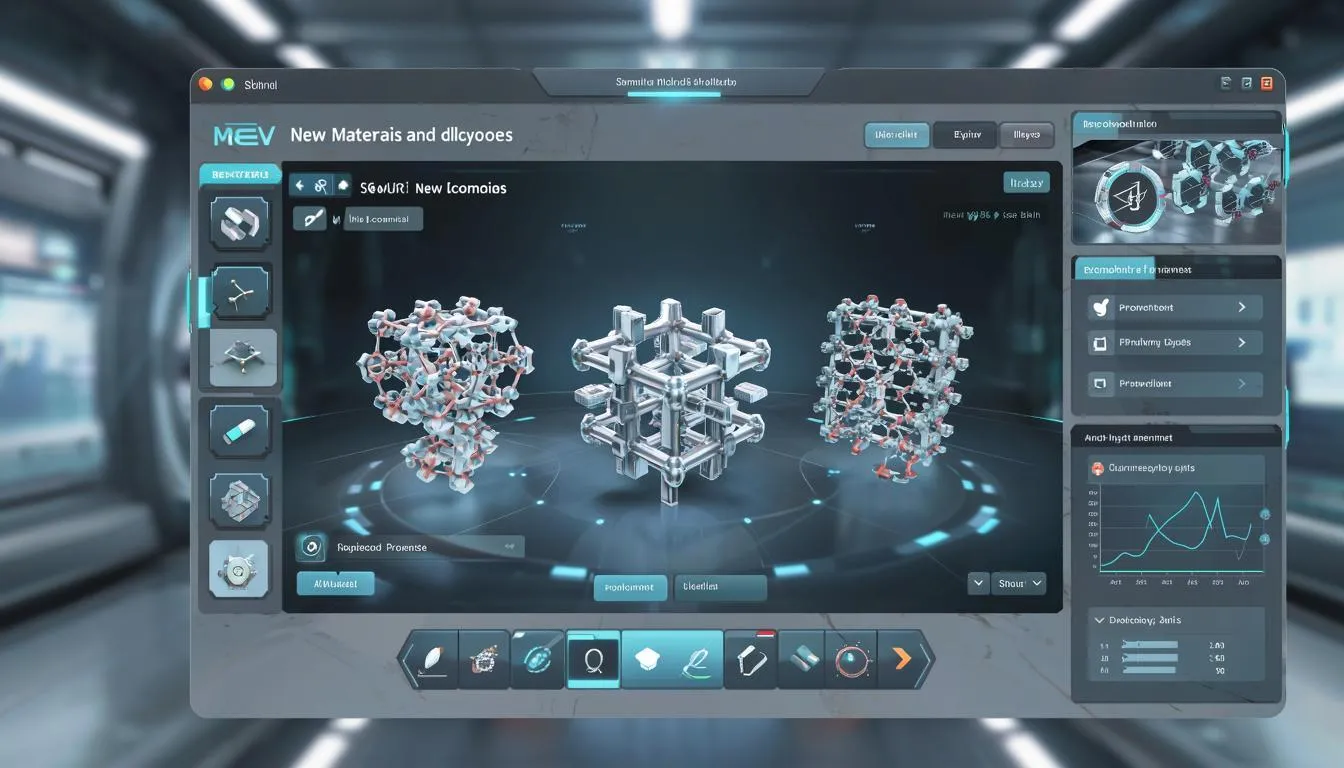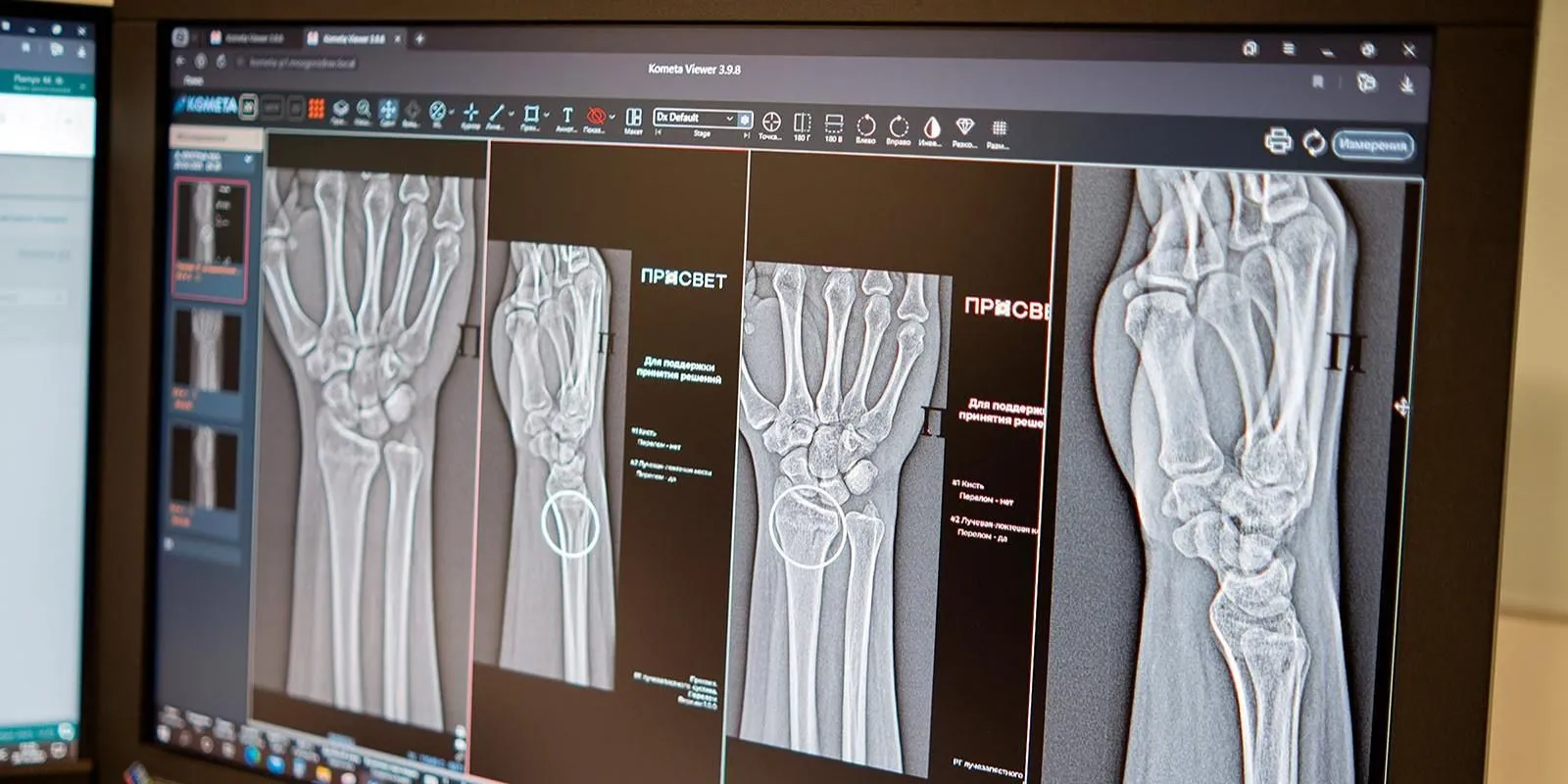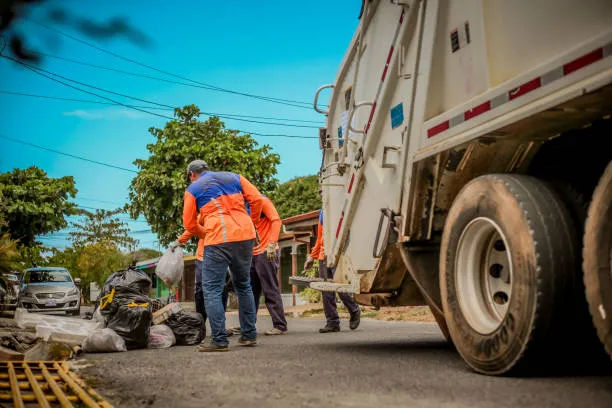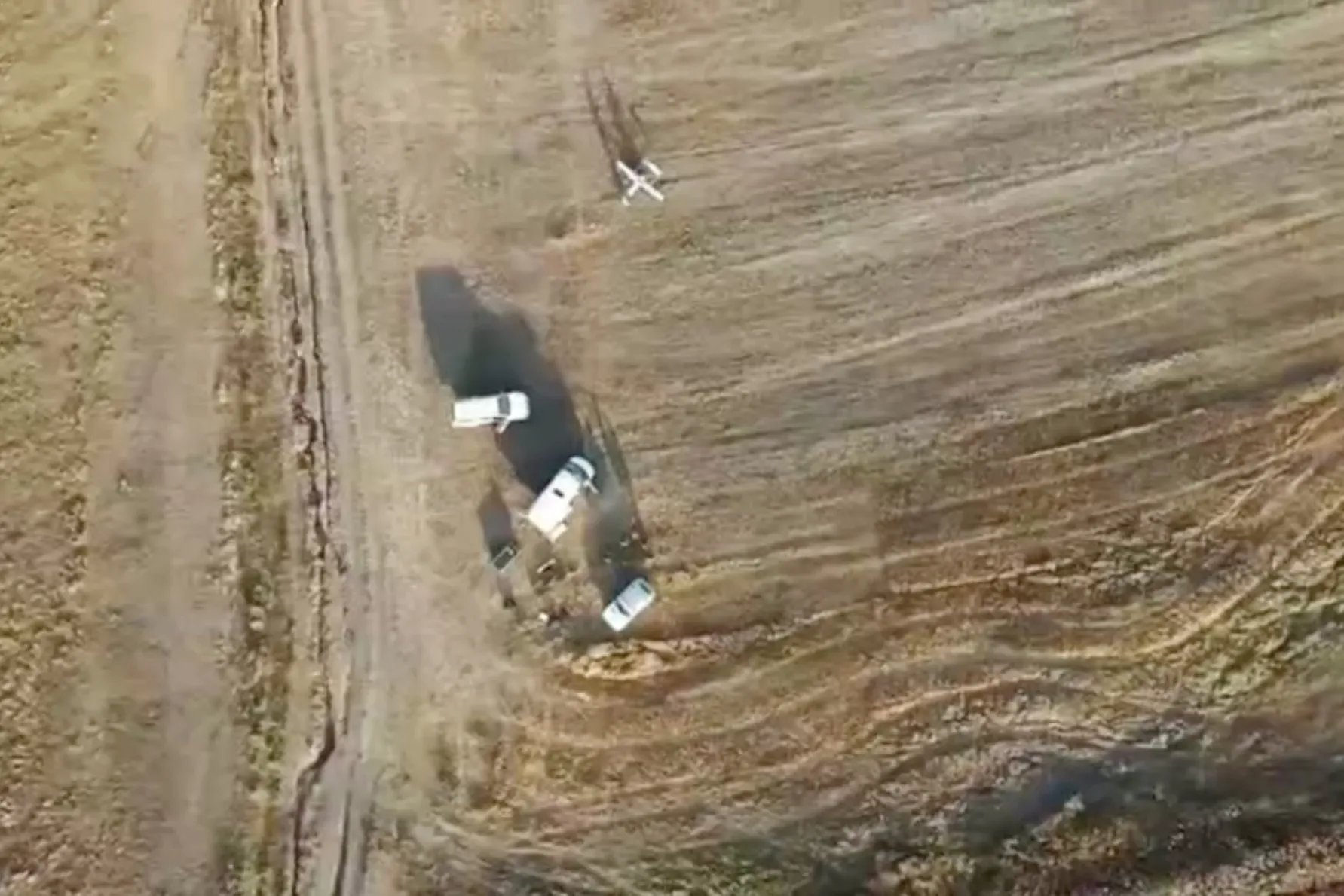Aleksandra Has Helped 17 Million Moscow Residents
For five years, Moscow’s virtual transport assistant Aleksandra has been helping residents navigate the city, answering millions of questions and becoming a core element of the capital’s digital mobility ecosystem.
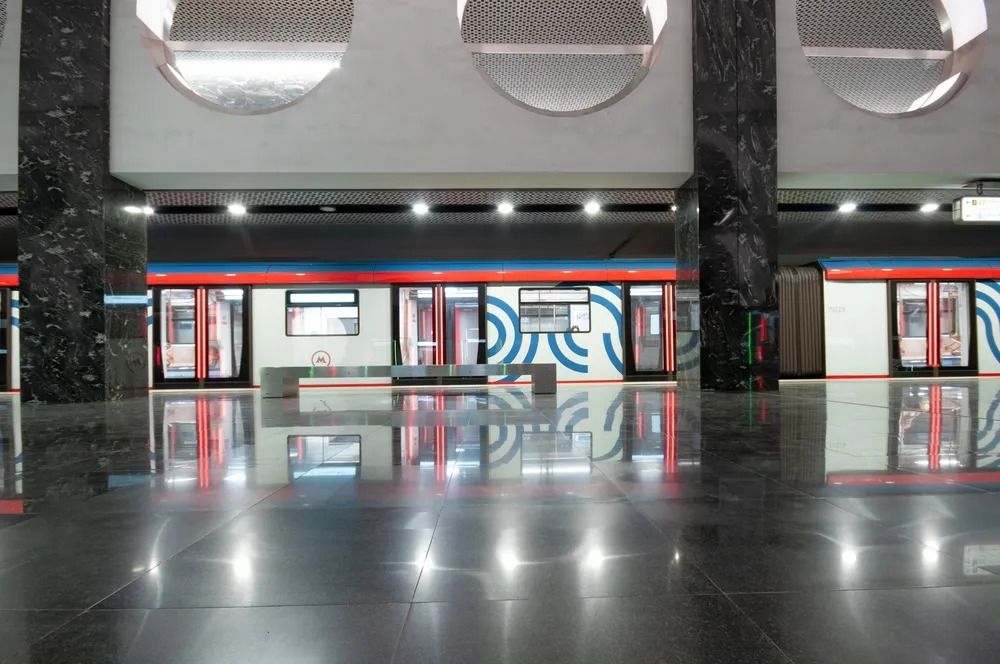
A Digital Assistant Built for a Megacity
According to Moscow Mayor Sergey Sobyanin, the city’s AI‑powered transport assistant has processed more than 17 million user requests since its launch. Today, Aleksandra has become an essential service that thousands of passengers rely on every day.
The assistant helps with a wide range of questions — from topping up the Troika transit card and transporting pets in the metro to enabling biometric services and obtaining parking permits. It operates around the clock across transport apps, official websites, and social media platforms.
Aleksandra provides information not only about the metro but also about commuter rail, parking, taxis, car‑sharing, and vehicle evacuation services. Outside the digital space, her avatar appears on interactive ‘Live Communication’ kiosks, guiding passengers through optimal routes in real time.
AI That Understands Meaning, Not Just Keywords
Aleksandra is the first digital assistant in Russia to simultaneously use two large language models. This upgrade allows her to understand not just keywords but the intent and context behind a question — a major leap in natural dialogue quality.
The system is capable of self‑learning: the more people interact with it, the more precise and informative its answers become.
A Nationwide Trend Toward AI‑Enabled Public Services
Digital assistants like Aleksandra are becoming a critical part of government services throughout Russia. They provide guidance on healthcare, social support, education, document processing, and communication with public authorities.
As mobility ecosystems grow more complex, such AI tools improve accessibility, reduce wait times, and help residents navigate public services more efficiently.


